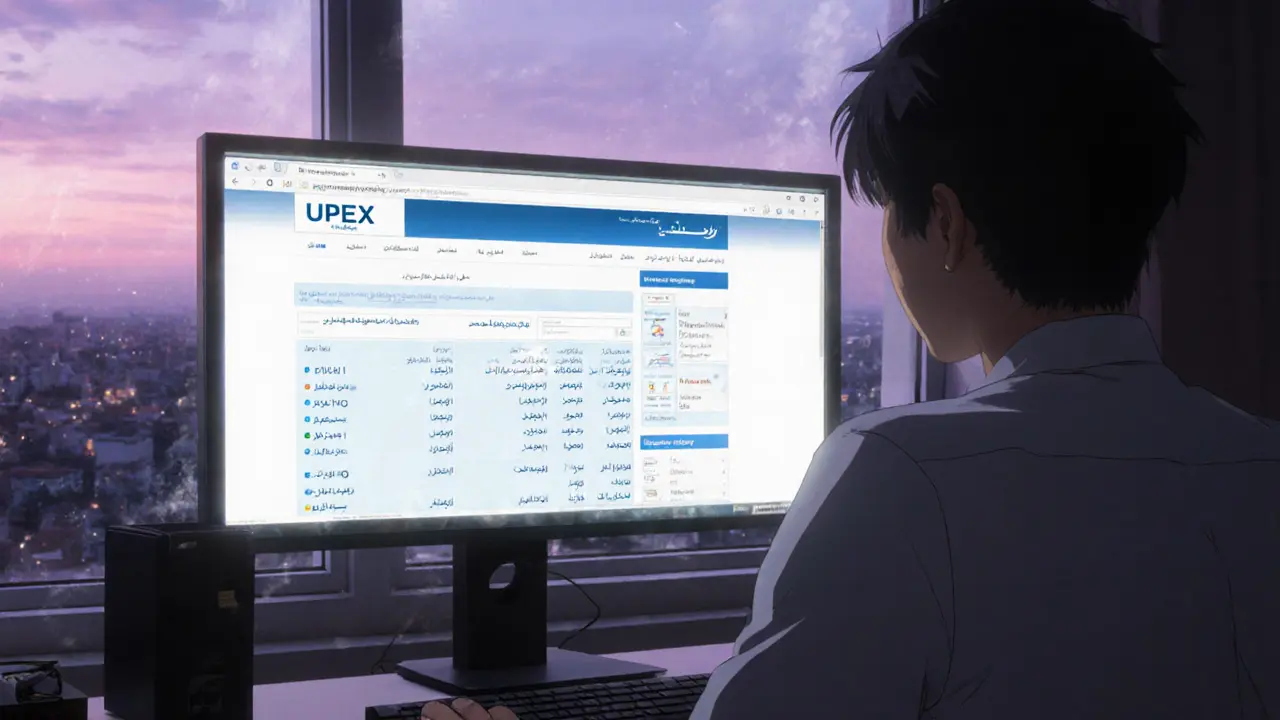Closed Crypto Exchange: Why They Shut Down and What It Means for You
When a closed crypto exchange, a cryptocurrency trading platform that has stopped operations, often due to regulatory pressure, fraud, or financial collapse. Also known as a shut-down exchange, it leaves users stranded without access to their funds and raises serious questions about trust in the crypto space. These aren’t just technical failures—they’re often the result of bad actors, weak oversight, or outright scams. The Philippines blocking 20 unlicensed exchanges, including big names like OKX and Bybit, shows how governments are stepping in. But why do these platforms disappear? And how do you avoid getting caught in the next one?
A crypto exchange shutdown, the forced or voluntary closure of a digital asset trading platform, usually triggered by legal action, lack of licensing, or insolvency. often happens because the exchange wasn’t registered with financial authorities. In places like the U.S., EU, or Japan, exchanges need licenses to operate legally. If they skip that step, regulators step in fast. The unlicensed exchange, a crypto platform operating without official approval from financial regulators. might look legit on the surface—great fees, flashy ads, big token rewards—but behind the scenes, it’s a house of cards. Look at the 2022 Kosovo mining ban: even mining operations got shut down when they drained the power grid. Regulators don’t wait for chaos—they act before it spreads.
The crypto regulation, government rules governing cryptocurrency trading, custody, and reporting to protect consumers and prevent money laundering. landscape is tightening everywhere. Jordan’s 2025 Virtual Assets Law, for example, now requires exchanges to meet strict AML rules or face penalties. That’s why some platforms close before they’re forced to. They know they can’t comply. Others? They just vanish. And when that happens, your Bitcoin, Ethereum, or meme tokens might be gone for good. No refund. No customer service. No email replies.
Security isn’t just about two-factor authentication. It’s about knowing if the exchange you’re using has a legal backbone. The exchange security, the combination of technical safeguards, regulatory compliance, and operational transparency that protects user funds and data. of a licensed platform means they’re audited, insured, and accountable. Unlicensed ones? They’re not. That’s why reviews of Bitget, United Exchange, and SheepDex focus so hard on licensing and regional restrictions. You don’t want to be the person who lost everything because a platform was never meant to last.
What you’ll find here are real cases—like the Philippines crackdown, the Kosovo mining ban, and the quiet disappearances of lesser-known exchanges. We’ll show you how to spot the warning signs before you deposit a single dollar. No fluff. No hype. Just the facts you need to keep your crypto safe.
 27 Oct 2025
27 Oct 2025
UPEX crypto exchange promised to lead the MENA market but shut down after 2021. This review explains why it failed, what happened to user funds, and which regulated exchanges are safe to use today.
View More
